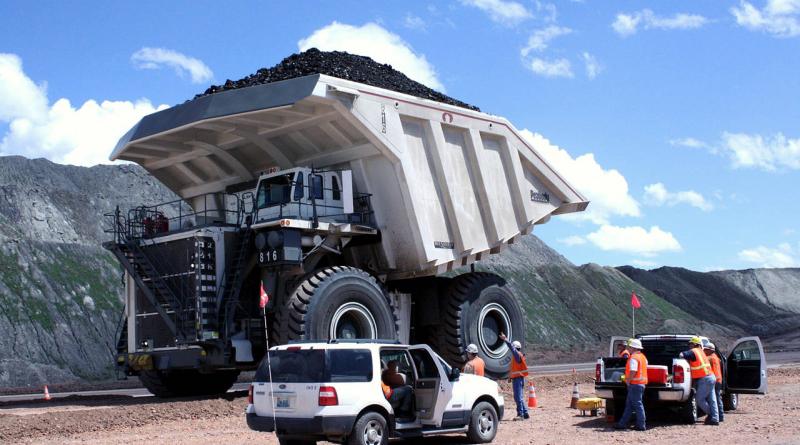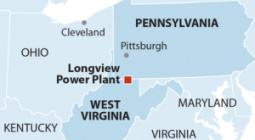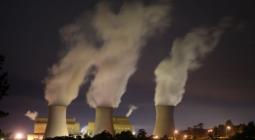Peabody warns of possible second bankruptcy in five years as coal industry declines.

The world’s largest private coal company Peabody Energy Corp. said it is in danger of its second bankruptcy filing in five years on the back of poor performance and worsening market conditions amid the coronavirus pandemic.
There is “substantial doubt” the company will be able to meet its outstanding obligations when they are due within 12 months and its ability to continue is a going concern, Peabody Energy said in a Nov. 9 filing, citing the combined risks associated with the company’s third-quarter financial results, market conditions, additional collateral demands and potential noncompliance with credit agreements.
Peabody is in “probable” danger of violating its first-lien leverage ratio covenant under its credit agreement, the filing stated. The company is also looking to extend the maturity of its credit revolver and is pursuing covenant relief.
To mitigate this risk, the company entered into a transaction support agreement in November with the providers of 99% of the company’s surety bond portfolio to define how it will resolve roughly $800 million in additional collateral demands made by the participating sureties, the filing stated. The company is also working to improve its liquidity through other methods, including the sale of nonstrategic surplus land, coal reserves and other assets, according to the filing.
“[T]here can be no assurance that we will be able to obtain a waiver of noncompliance [from creditors] or otherwise amend the credit agreement to address covenant issues, reach agreement on the comprehensive approach to address our combined liquidity risks described above, or improve the company’s overall liquidity and financial position through other means. As a result, our ability to timely meet our obligations when due or satisfy additional collateral demands could be adversely affected,” the filing stated.
Peabody emerged from bankruptcy in 2017 after a yearlong reorganization process. Coal companies have faced a rising risk of default as the coronavirus pandemic accelerated a decline driven by low gas prices, cheaper renewable generation and shifting investor sentiment against fossil fuels.
10 November 2020
IEEFA





